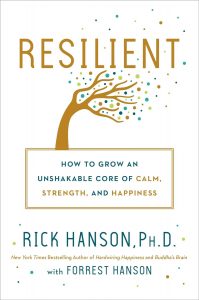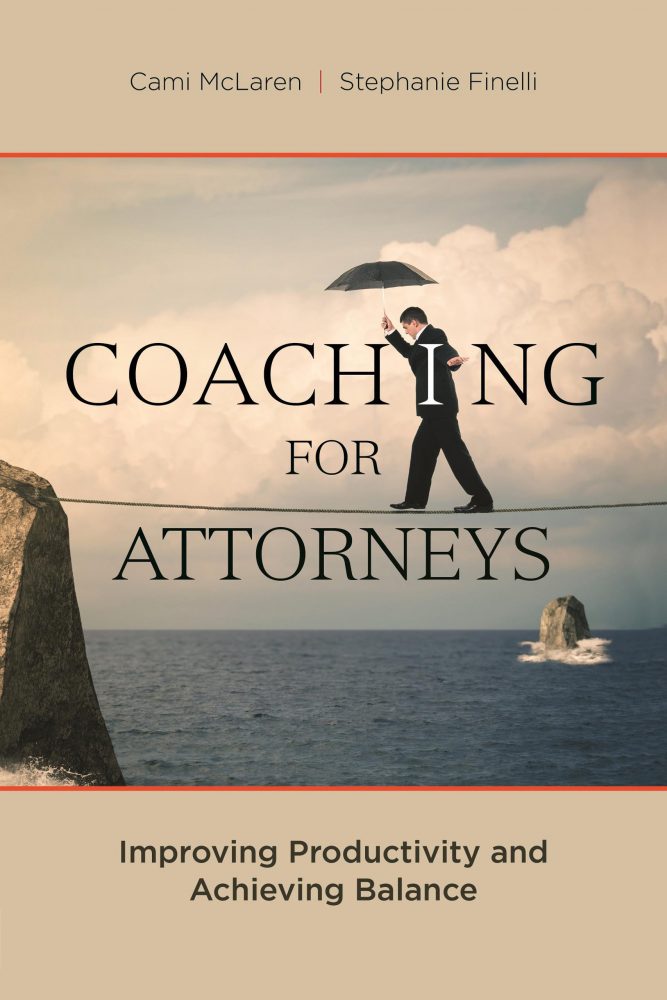More on the skill of enrollment:
John Smith is an attorney. He meets George at a business mixer. George has some legal issues that John believes he can help with so they set a meeting. (While I use the attorney example, these principles apply for whatever business you are in.) The first pre-meeting question John asks himself is, “What do I want to enroll George in?” John has to consider, “Do I want to enroll him in becoming a paying client? Or is he a good referral source for me? Maybe I want to partner with him in some other way?” Maybe John doesn’t have enough information and will ask questions to find out more about George and his needs to see if he might enroll George in something that is mutually beneficial for them both. This pre-meeting question helps John to be more intentional about what he says and does.
John decides he wants to enroll George in becoming a client. As we know, his first steps will be to gain rapport, and make sure he is fully engaged in the conversation. Then he gets to the important step called “ASK questions to clarify the other person’s desired outcomes.”
Obviously, there are many different types of questions one can ask. What type of questions are best in this conversation? Enrollment questions are curious questions. You may think all questions are curious questions. They aren’t. Often (especially in trying to sell something) we are not curious at all because we have an agenda – to sell – and we only ask questions to get to the result we are after.
Be very curious. This can be challenging to learn because we are not talking about acting curious or pretending to be curious. You have to start with actual curiosity – the mindset – in order to discover the truly curious questions to ask. Tips on generating curiosity in yourself:
· Ask yourself “what can I learn from this person?” Then ask questions to educate yourself.
· If you believe you already understand the situation, ask more questions. We usually think we understand where people are coming from. This is typically not true. Ask a lot of questions and really listen to the answers before deciding you understand.
· Follow up on answers given. For example, if you say, “what is your line of work?” and he says, “I am a GM for an investment firm,” rather than saying, “Oh, that sounds interesting,” say “what do you do for them?” “How long have you been with them?” “What is your favorite thing about the job?” You will be amazed how much information you can get this way; and it will make you be and feel more curious.
· Ask open-ended questions. These are questions that ask for a narrative rather than a “yes” or “no” answer. “What do you like best about your job?” vs. “Do you like your job?” “What are your concerns about the situation?” vs. “Are you nervous about it?” Open questions seek information. Closed questions tend not to reveal much.
Note these questions do not necessarily aim toward enrolling George as a client. They are directed toward learning about him; being genuinely interested in him, which builds rapport and will ultimately give John the information he is after.
Once John has begun to really engage him, and learned a little about George, John can begin to ask about George’s legal troubles. But again, John must stay in a very curious frame of mind, not trying to direct the conversation toward George hiring John. At this point, when they are talking about the real issue, John should listen closely and continue asking questions in a curious frame of mind. Once John has learned what the general issue is, he should ask questions such as:
· “What are you most concerned about?”
· “What would be a good outcome for you?”
· “How long has this been going on?”
· “How quickly to you expect to get it resolved?”
· “What different ways have you considered to resolve this issue?”
There is a twofold purpose here: (1) George will feel heard and that his issues matter to John; and (2) John will get the information he needs to enroll George in becoming his client. At this point, however, he must continue to be curious. This is not yet the time to tell George what a great attorney John is or how he can help. At this point, John just wants to learn about the issues and what is most important to George and the outcomes George wants. Often we will hear something from a potential client and assume we know what they want. We interpret through our own filter of what we would want, what other clients in the past have wanted or what we think he should want. The interpretation keeps us from really listening. This is why we ask questions – to stop interpreting (to the extent possible) and really listen.
Begin asking curious open-ended questions. Do it with everyone you meet. See what you can learn.
____________
If you are interested in this and want to learn more, come to our Sacramento training in June!
Enrollment is the Art of Collaborative Communication.
Enrollment is a specific communication skill that is effective everywhere. Using this skill will vastly improve all your results – in business and elsewhere throughout your life.
When you master this skill of communication, you will be able to enroll:
• potential clients and customers in hiring you, buying your product or service
• people in referring business to you
• your staff into doing their jobs and doing them well
• supervisors in supporting you in doing your job
• team-members in working together
• clients in paying you on time
• your children in cooperating with you
In this workshop, you will learn the R.E.A.L.I.T.Y.™ model of enrollment – a specific communication tool that will afford you the results above and more.
Participants will learn how to:
• quickly and easily create rapport and trust with others
• ask the right questions to generate a high degree of ownership and follow through
• listen so others feel heard
• speak in a way that others are inspired to take committed action
• create win-win agreements
• help people overcome perceived obstacles in order to create tangible outcomes
June 19 (Tuesday)
1:30pm — 4:30pm
$149/person
$140/person for 2 or more from same company
Register today:
https://www.eventbrite.com/e/enrollment-the-art-of-collaborative-communication-tickets-43781560827
Testimonial
“Cami has taught me that effective communication and enrollment is NOT about getting someone else to see things your way. Effective communication, and the concept of enrollment, is about truly listening and understanding the other person or the other side. With this understanding, you can communicate more effectively and advance your objective with someone else in a way that causes them to be really committed, because they really believe it for themselves. It is a way to find common ground and value that often leads to a better result than just convincing someone to do it your way. Cami is an incredible teacher of these subtle nuances in communication and learning just a small fraction of these skills has made a world of difference in both my personal and professional life.”
–Heather Johnston, Owner, Sapphire Law Group







